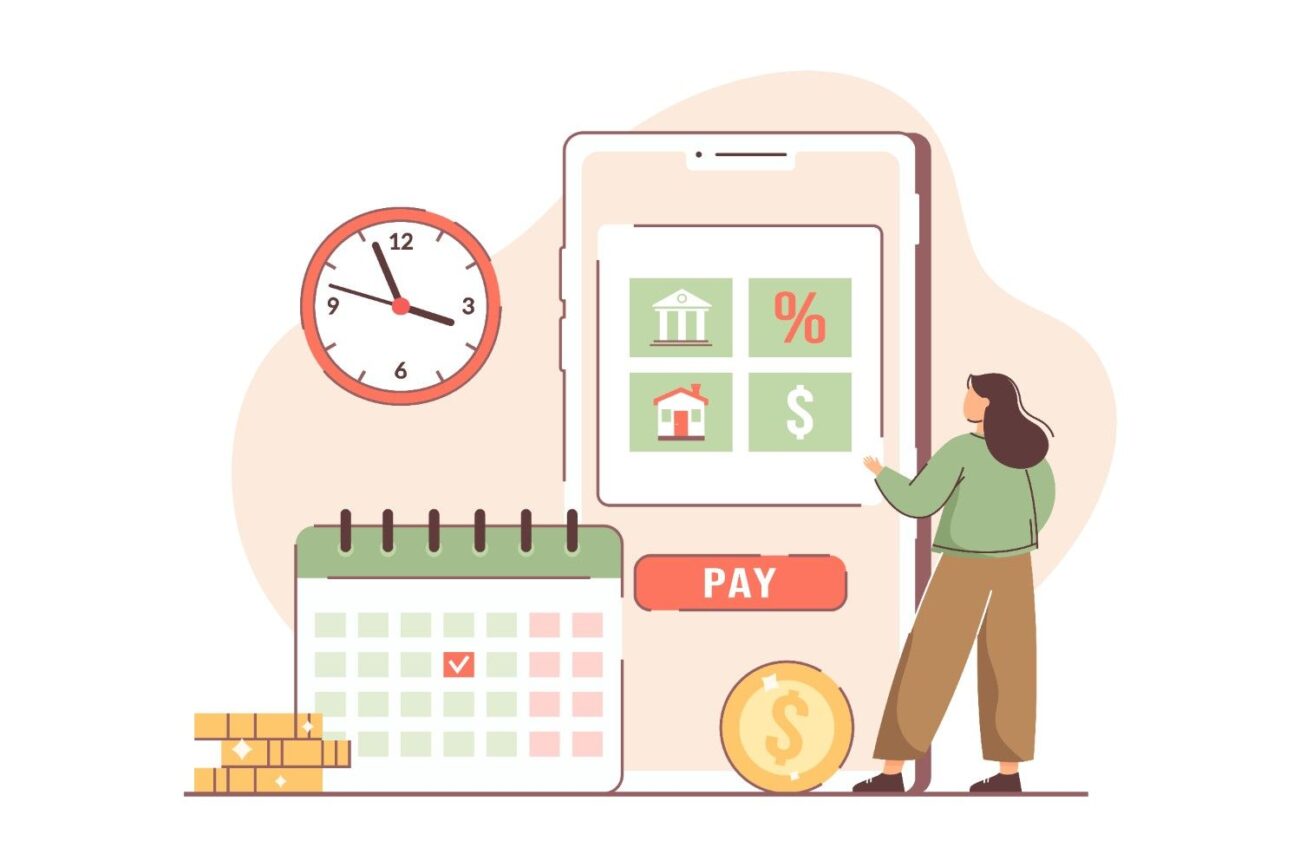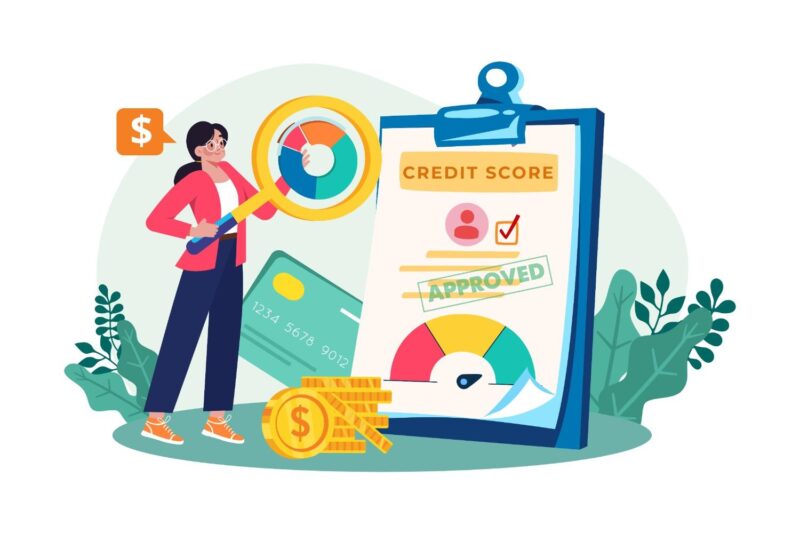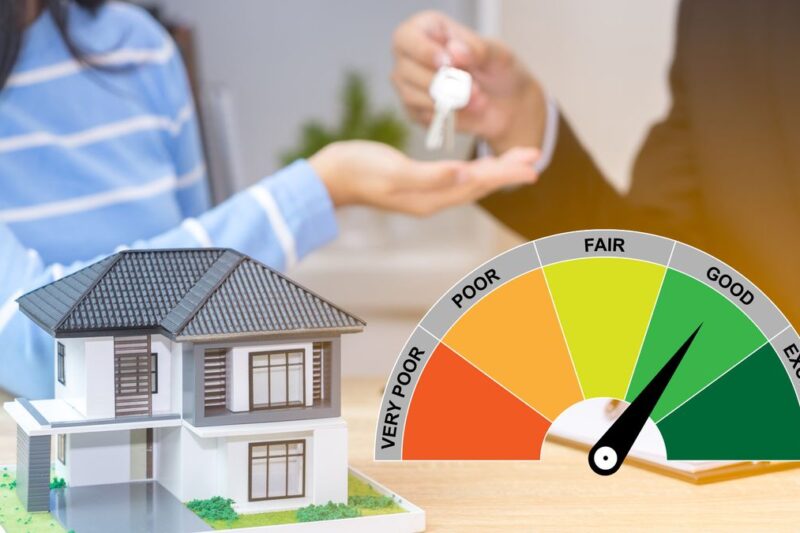Even though you didn’t take out any new loans, have you ever looked at your credit score and wondered why it decreased? Your payment history, which shows how regularly and properly you handle your debt, frequently provides the answer.
You can learn a lot about your financial behaviour from your repayment habits. Every action you take appears in your credit report, no matter whether you make your loan payments on time or skip an EMI. Lenders are more prepared to give you credit if your credit history is strong. Let’s learn how your payment habits affect your credit score and how to maintain it.
Why Payment History Matters So Much?
Your payment history is one of the most significant elements of your credit score, accounting for almost 35% of it. It shows your commitment to paying back loans. Making consistent, on-time loan payments indicates financial discipline and builds trust.
But even one delay can lower your score. Consider your repayment patterns as a graph: each late payment adds a mark, and each on-time payment adds a gold star. Your financial profile gets stronger the more trusted you are.
The Real Impact of Missed or Late Payments
A few late payments may not seem like a lot, but they are. Your CIBIL score may be affected if you miss an EMI or put off a loan payment for longer than 30 days.
This is how it usually goes,
- 30 days late – A small warning to lenders and a small decline in score.
- 60 days late – Your credit score significantly declines, and lenders begin to consider you as an opportunity.
- 90+ days late – severe damage, your account may be marked as a default.
For months or even years, a single late payment can remain on your credit report, making it more difficult to get new credit in the future.
How Repayment Habits Shape Your Borrowing Power
Lenders can learn a lot about your dependability from your repayment patterns. Lenders take on higher risks if you have missed EMIs or defaulted, and they might,
- Increase the interest rates you charge.
- Reduce the credit limits.
- Reject your credit card or loan applications.
Strong repayment practices, however, indicate responsibility. Quick approvals, flexible terms, and reduced rates are more likely to be offered to you as a result of your financial health.
The Hidden Link Between Credit Utilisation and Repayment
Your payment efficiency is also impacted by your credit utilisation, or how much of your available credit you use. High utilisation can increase the chances of missed EMIs by making it more difficult to manage monthly bills.
Try to use less than thirty per cent of your entire credit limit. This means that you should stay away from spending more than ₹30,000 every billing cycle if your credit limit is ₹1,00,000. By keeping this balance, you can improve your repayment practices and maintain a high CIBIL score.
Why Paying the Minimum Due Isn’t Enough
It may seem wise to pay just the “minimum amount due” on your credit card, but doing so may result in financial difficulties. Even though there are no penalties, interest still grows. Your balance increases over time, making it more difficult to repay the entire amount.
This behaviour gradually reduces your money management skills and increases your chances of overusing your credit limit or missing EMIs, both of which lower your credit score. So,
- Whenever possible, settle your entire balance that remains.
- To prevent delays, set up automatic payments or set reminders.
- Make sure your income and expenses are balanced.
Different Loans, One Common Rule: Pay on Time
The rule is similar whether you’re paying off a credit card, vehicle loan, or personal loan: always make your payments on time. Your payment history is shaped by the information that each credit type provides for your credit report.
- Making your home loan or other long-term loan payments indicates your ability to manage essential duties.
- Your ability to manage current debts is proven by your timely credit card bill payment.
When combined, they provide an in-depth examination of your repayment patterns. Your CIBIL score is also increased by having a well-balanced mix of secured and unsecured loans.
How to Improve Your Repayment Habits
Don’t worry if your payment history isn’t perfect; you can always correct it at any time. It only takes planning and consistency to improve your repayment habits.
Here’s how to get back on track,
- Automate payments: Set up reminders or auto-pay for all EMIs and bills.
- First, settle past-due amounts: Before obtaining new credit, pay off outstanding debts.
- Speak with lenders: If payments seem too high, ask for longer terms or reduced EMIs.
- Examine your credit report to look for any mistakes that might be unfairly reducing your CIBIL score.
- Don’t take on more than you can afford to pay back.
The Long-Term Rewards of Responsible Payments
Maintaining good repayment practices not only raises your credit score but also improves your whole financial process. You’ll appreciate:
- Loan approvals are simpler.
- Higher interest rates
- Greater credit limits
- Increased mental peace
Consistent payments help you develop money management, which gives you confidence to plan forward and control your finances. It’s among the simplest methods for establishing long-term financial stability.
Ignoring Payment History Can Cost You Dearly
Neglecting your past payments is similar to ignoring your health in that issues develop over time until it’s too late. Regular defaults and missed EMIs may result in demand notices, penalties, and even loan rejections.
It takes patience and time to get over a bad credit history, but it is much simpler to keep up good repayment practices. Your credit profile will remain strong if you meet your responsibilities and maintain structure.
Conclusion
The basis for healthy credit health is responsible repayment methods. In addition to raising your CIBIL score, timely loan payments and careful money management gain you the lenders’ long-term trust. Remain consistent; each timely payment brings you one step closer to long-term financial security.



